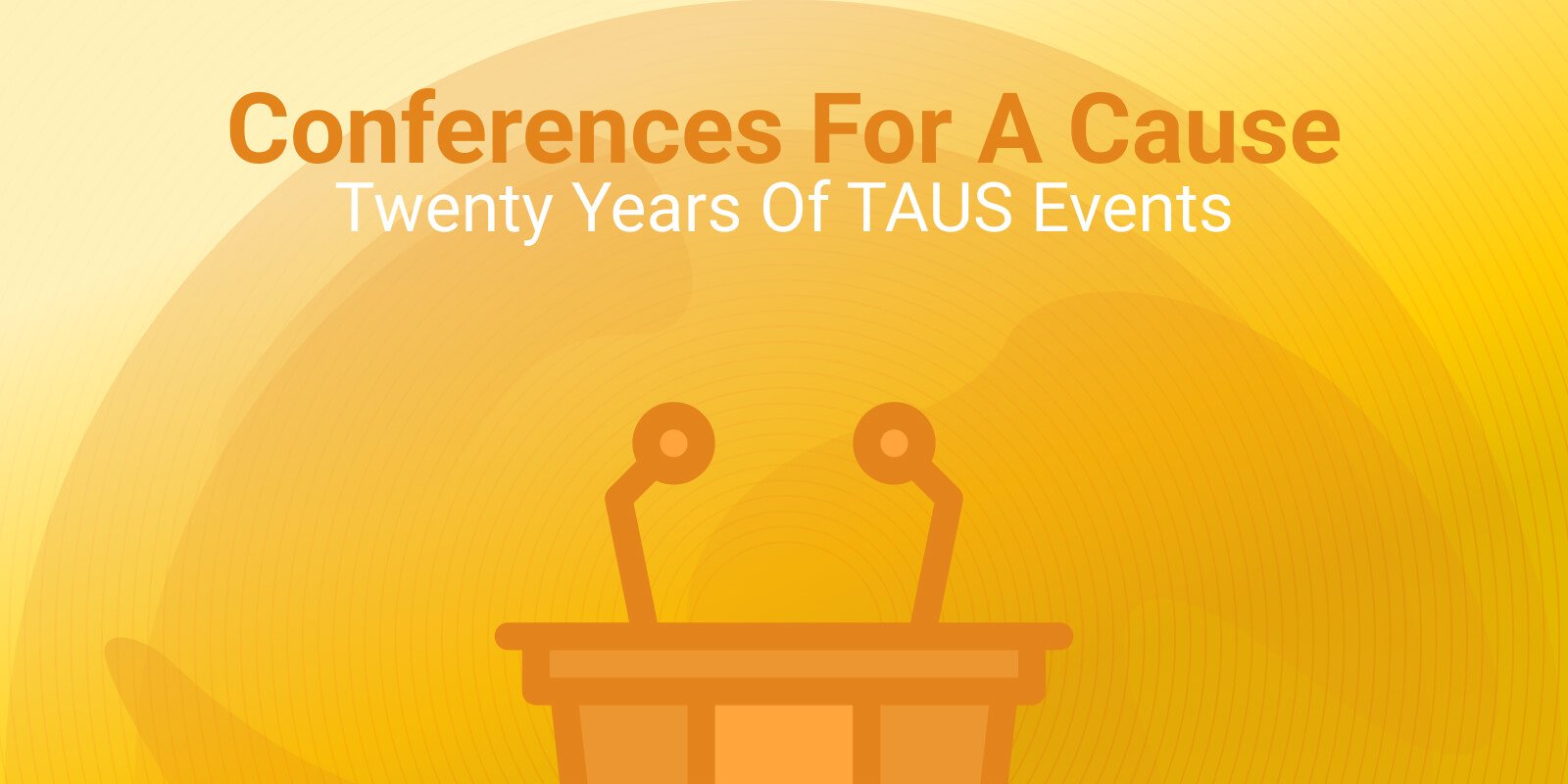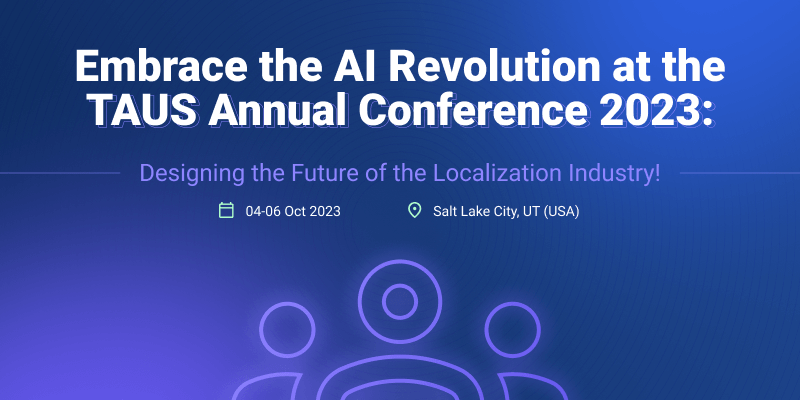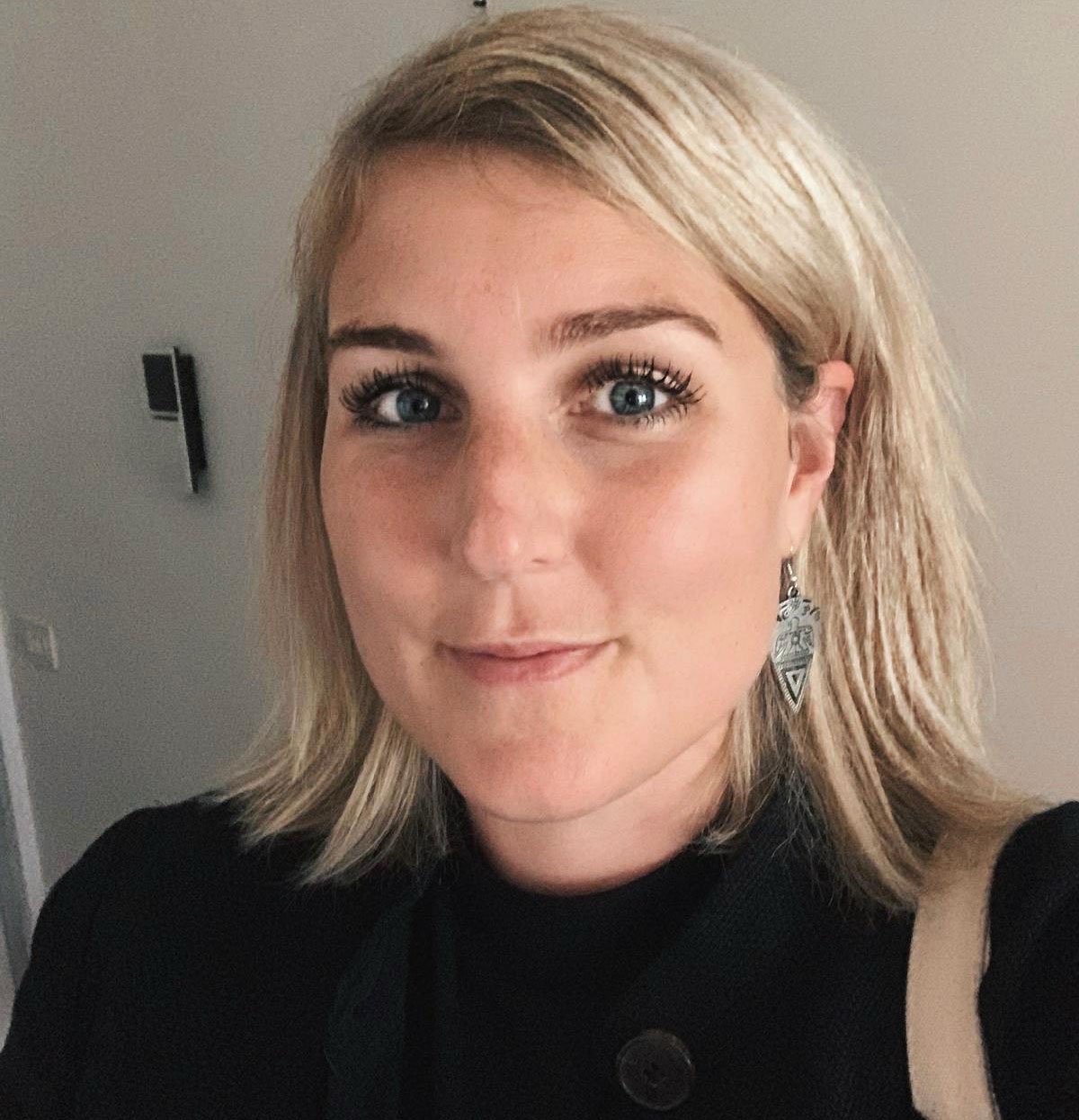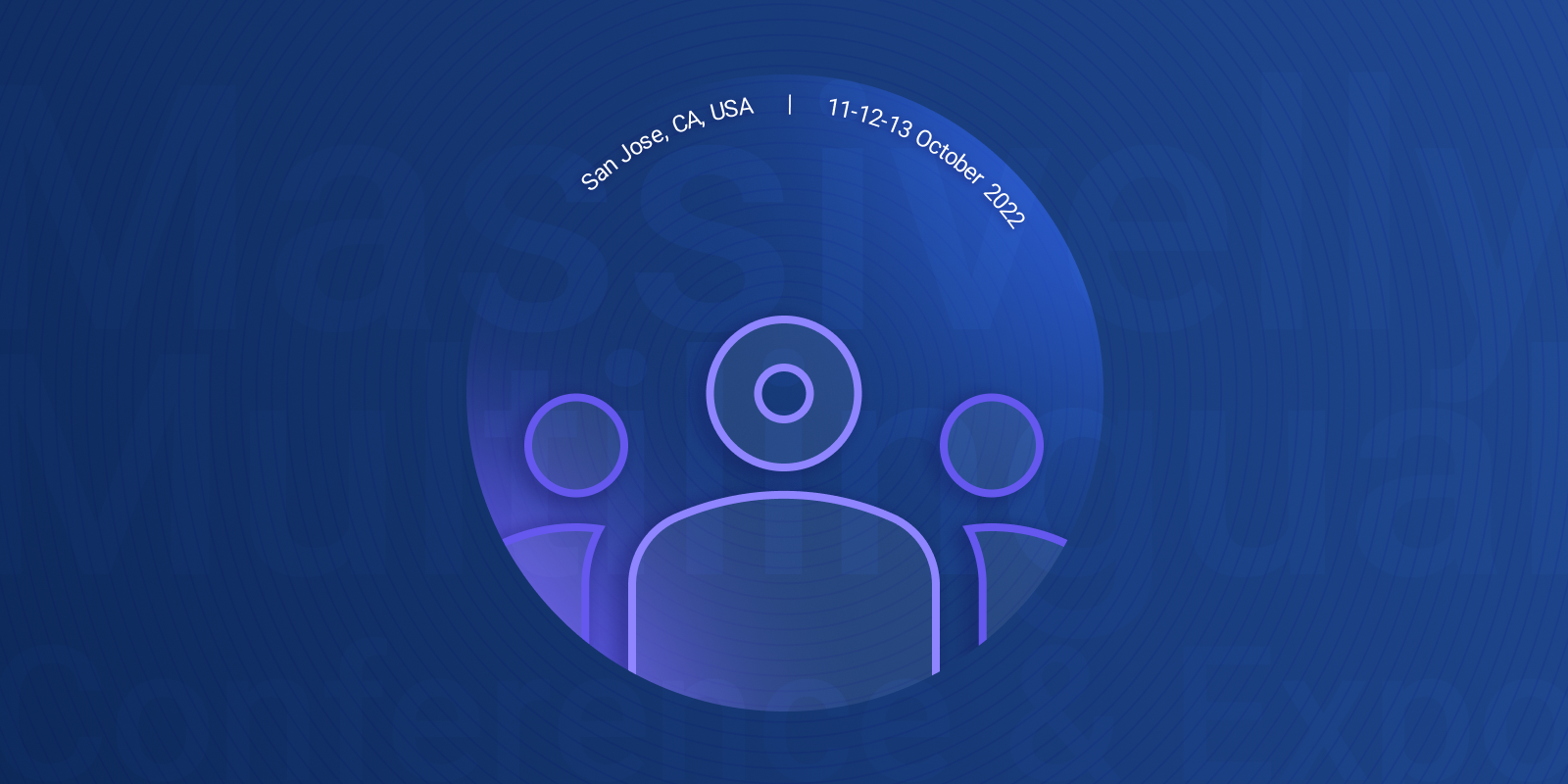Disrupt Me (Not)
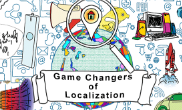
How does an agile startup implement localization processes? This question and others were answered at the TAUS Annual Conference 2015.
The TAUS Annual Conference in Silicon Valley opened with a panel discussion about innovation led by Paula Shannon (Lionbridge) who skillfully introduced the concept of sustainable, disruptive and devastating innovation for her panel to discuss. Companies such as Airbnb and Uber were cited as examples of disruptive innovation and with the imminent TAUS Innovation Excellence Award to be given out, there was the distinct feeling that something new was about to happen.
The tagline of the TAUS Annual Conference read — WANTED! Innovators for the Translation Industry — and participants were on the lookout for the next big innovator from inside or outside the industry. Startups seem the natural candidate for innovation.
A prerequisite for success is for a company to be able to reach its customers and traditional localization can be seen as a success enabler. Disruptive and trend-setting companies tend to be new and young and still in their startup phase despite the label ‘startup’ being stretched considerably at times. Startup life can be quite exciting, particularly if you compare it to really large enterprises and siloed, compartmentalized organizations, but it does not come without pain points.
How does an agile startup implement localization processes? What are the fundamental features of localization at startups? And what are the yet unmet needs for companies in the translation technology landscape?
These and many other questions have been addressed in the Silicon Valley events this past October – from the TAUS Annual Conference in San Jose, to the TAUS QE Summit at eBay headquarters and LocWorld #29. Speakers, moderated by Pablo Vazquez (NetApp) and Sofia Pessanha (Unbabel), included representatives from earlier and later stage startups such as Eva Gross (Livecareers), Michele Carlson (SurveyMonkey), Katell Jentreau (Box), Patrick McLoughlin (Eventbrite) and Shaun Newcomer (R2 Games), who shared with hundreds of participants their experiences and the joys and sorrows of introducing and maintaining localization into the company’s operations.
The situation startups are facing is usually quite different from the world of major enterprises like Oracle. It knows the ROI of every sentence. Sometimes startups are faced with choices as to whether to disseminate their product as much as possible by adding many languages, or instead invest those resources in a smaller selection of languages.
There is no golden rule for this strategic choice because there are many factors involved, varying from company to company. This is why these panel discussions bring together people with different backgrounds and also representatives of more mature companies such as VMWare, LinkedIn, SDL and Intel. Loïc Dufresne de Virel (Intel), Sergey Parievsky (VMware) and Francis Tsang (LinkedIn), moderated by Jessica Roland (SDL), addressed the technological gap many companies still face. They discussed what challenges remain unsolved in the globalization vendor world. Richard Sikes (LocFlowTech) also participated with insights from his 25 years of industry experience.
 by Şölen Aslan
by Şölen Aslan
